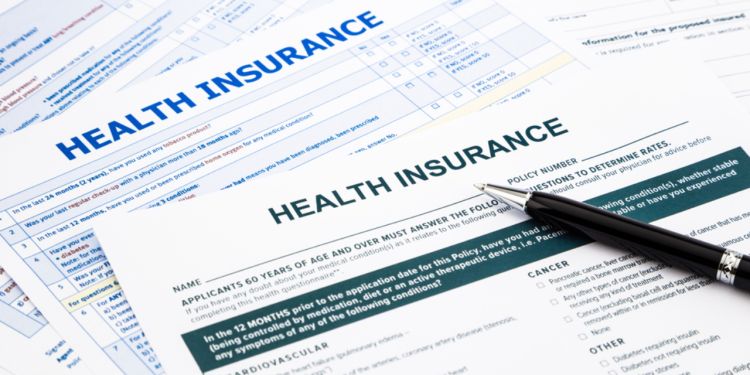
If you're planning to travel to Vietnam or intend to stay in the country long term, then it would be wise to research the best health insurance options. Although Vietnam is a beautiful country for countless reasons, there are different bacteria that your body will not be able to fight or potential motorcycle accidents. Therefore, purchasing health insurance in Vietnam should be one of your top priorities.
The cost of public and private healthcare in Vietnam
The differences are monumental and should be taken into account before arriving in Vietnam. Public healthcare is provided by the state, and while it has improved, much is left to be desired, but it is significantly cheaper. A consultation at a public hospital will rarely cost more than 100,000 VND ($US 5), and a meeting with a specialist is around 700,000 VND ($US 30). Some of the downsides are that nursing staff rarely speak English, and most doctors in the public sector in Vietnam are only competent to a conversational level.
Private healthcare, on the other hand, can easily spiral into tens of thousands of dollars. The SOS International Hospital charges upwards of 20 million VND ($880) for a 24-hour stay. Anyone needing long-term care in this type of facility would be subject to an astronomical bill. Granted, the staff speak excellent English, and the doctors are some of the best in their fields. Furthermore, the facilities are far more advanced than anything in the public sector. Regardless, it's prudent to arrange insurance in case of emergencies.
The cost of health insurance in Vietnam
Unfortunately, there is no easy way to determine the exact cost of health insurance as it will depend on numerous factors. Your personal details and requirements will alter the cost for a start. Older people are more prone to sickness and disease than someone in their early 20s.
Another key thing to consider is that there are many different ways of arranging health insurance. Most travelers simply opt for travel insurance, which includes health cover as part of the package. Insurance of this type is quick and easy to arrange, but the health benefits are extremely limited.
Purchasing local insurance is another common choice, and while this is more expensive, the health benefits are significantly improved. For starters, local health insurance companies have a more profound knowledge of the Vietnamese health system. This option is also ideal for expats who plan to stay in Vietnam for the long term. One of the biggest downsides is that you wouldn't be covered outside of Vietnam.
International insurance is by far the most comprehensive type you can get; however, it's also the most expensive. Generally, your coverage options would be fully customizable, but the sting is that not every country recognizes international health insurance. Therefore, do your research before purchasing if you plan to travel to multiple countries.
Obvious health hazards In Vietnam
We'll start with the metropolises like Hanoi and Ho Chi Minh City. Both of these cities are unfortunately renowned for their air pollution. In 2022, Hanoi was rated as Southeast Asia's second most polluted city. If you suffer from any respiratory problems, you should strongly consider a comprehensive health insurance plan or invest in air purifiers for your home.
Another major health concern is that Vietnam's roads are amongst the most dangerous in the world. This country is still developing in terms of its infrastructure. Therefore, Vietnamese driving etiquette is significantly more chaotic and informal than that of many Western countries. Accidents are a common occurrence here and often result in broken bones and even fatalities, especially in rural areas.
Tap water should be avoided at all costs, especially upon entering the country. If you have been in the country for a couple of weeks, you can start using it to brush your teeth, but never drink the tap water. While it probably won't kill you, the prospects of nausea or bowel problems are realistic.
Food sanitation and simple scratches are also problematic for first-time visitors. It's a rite of passage to experience Asia's belly, but the good news is as long as you stay hydrated, it should be over in 3-7 days. If you get any scratches on the skin, try to cover them while outside or swimming. The air and water will introduce new bacteria to your body, resulting in potentially dangerous inflammatory infections.
We do our best to provide accurate and up to date information. However, if you have noticed any inaccuracies in this article, please let us know in the comments section below.












Comments